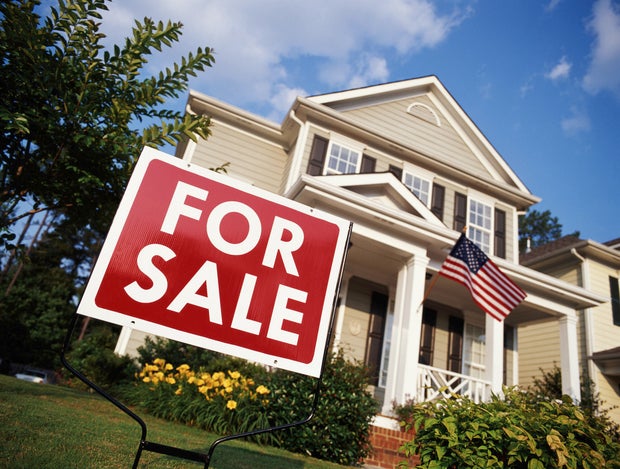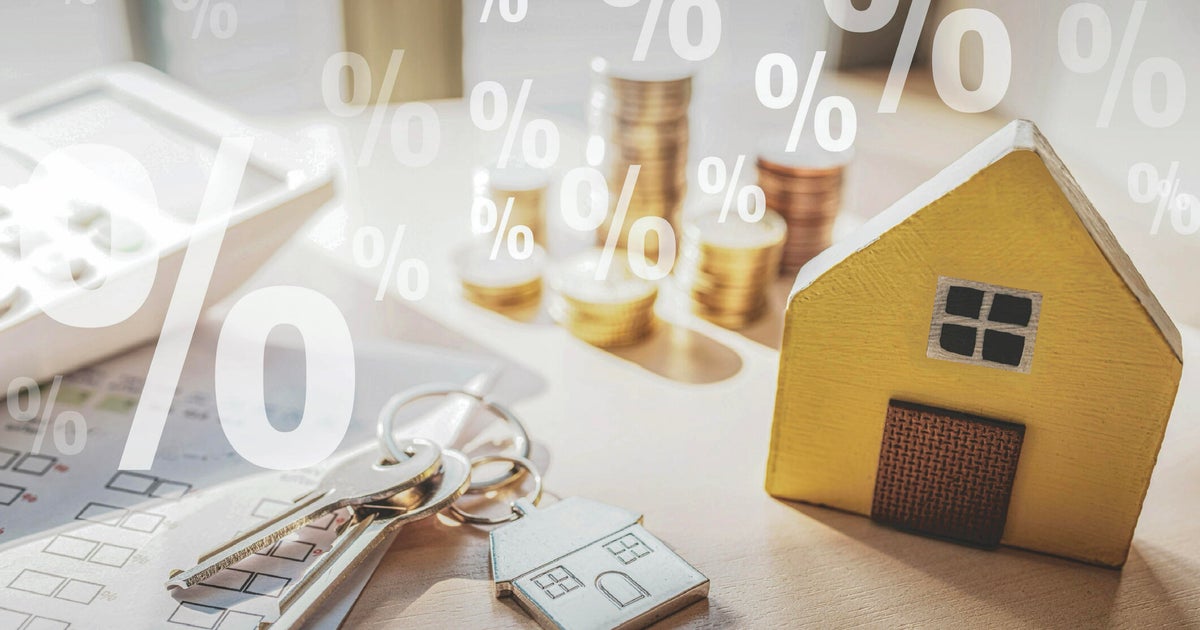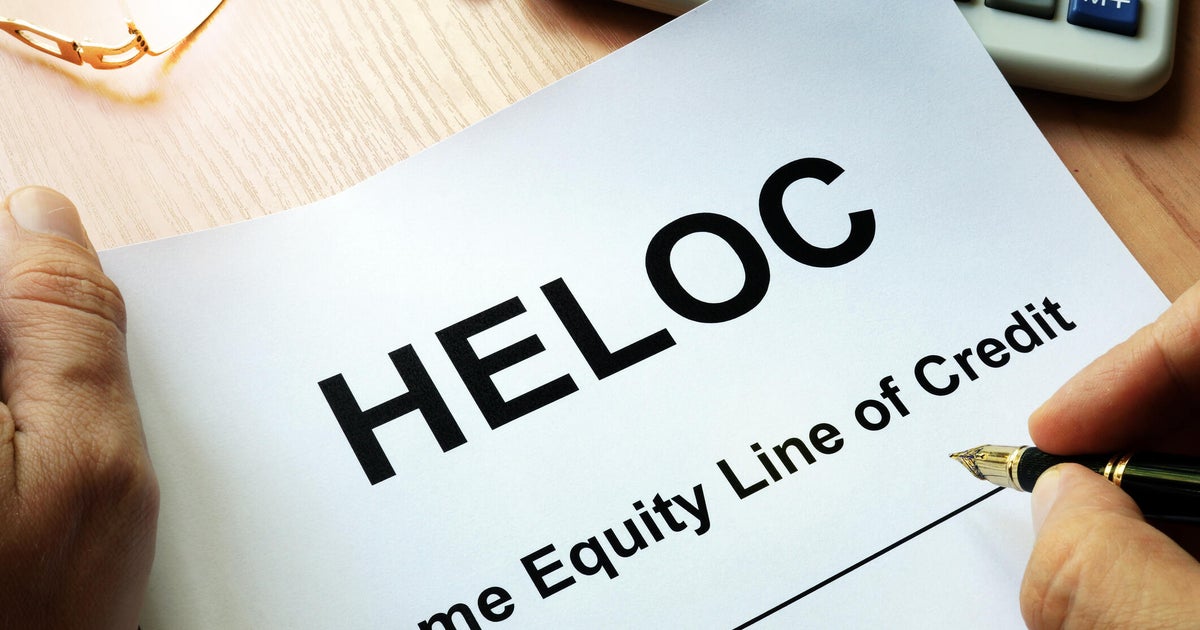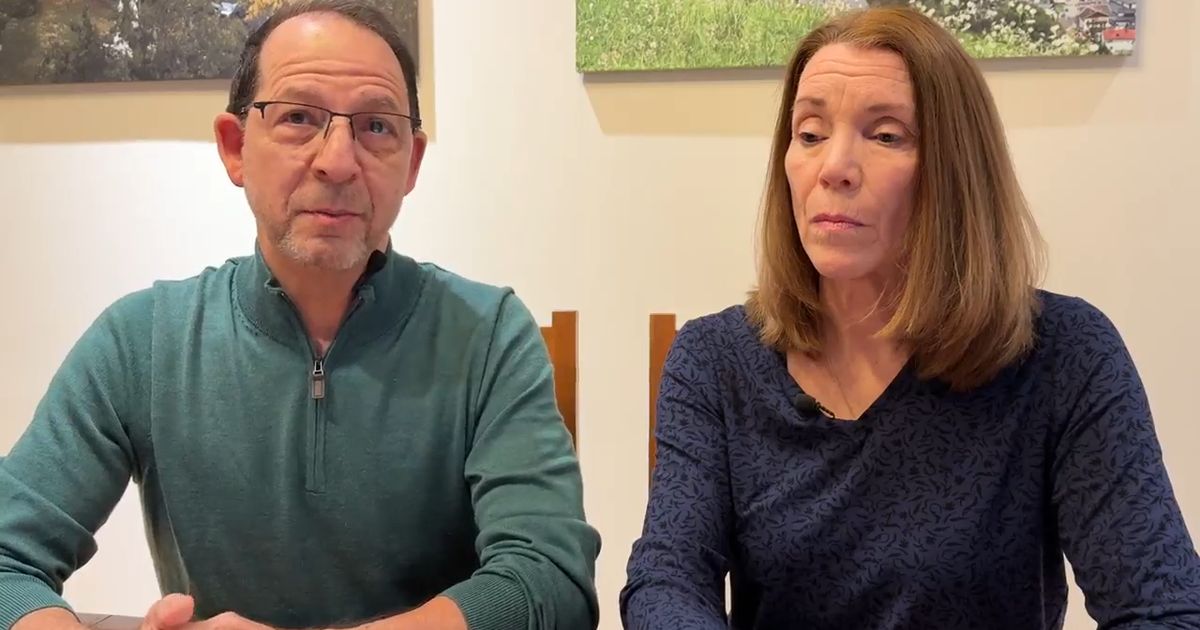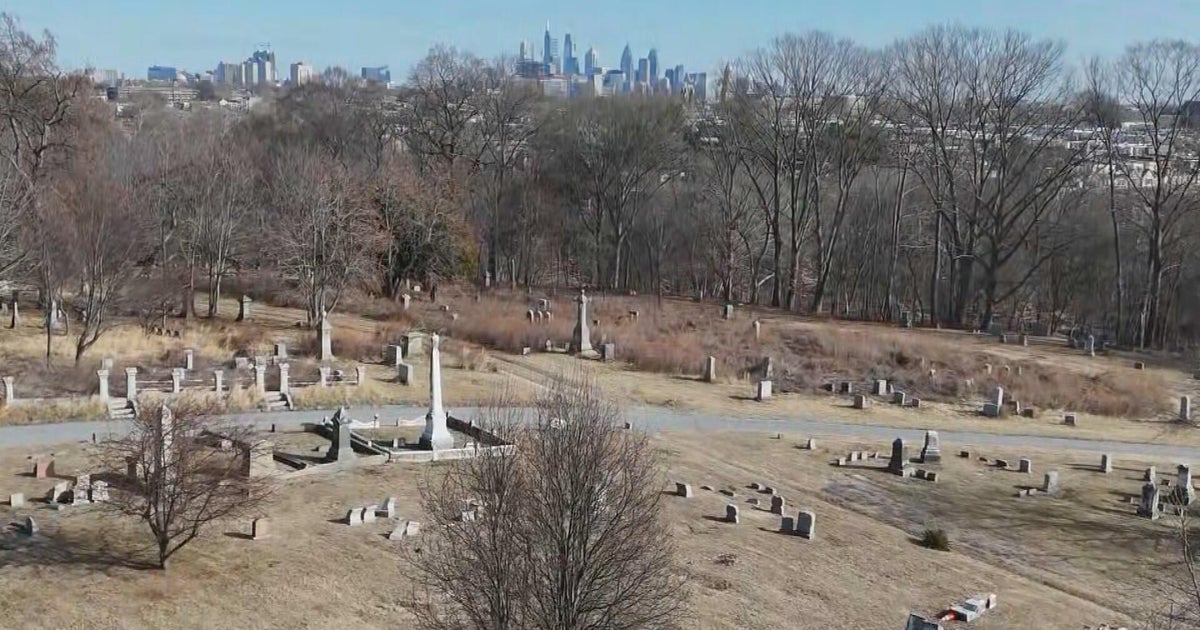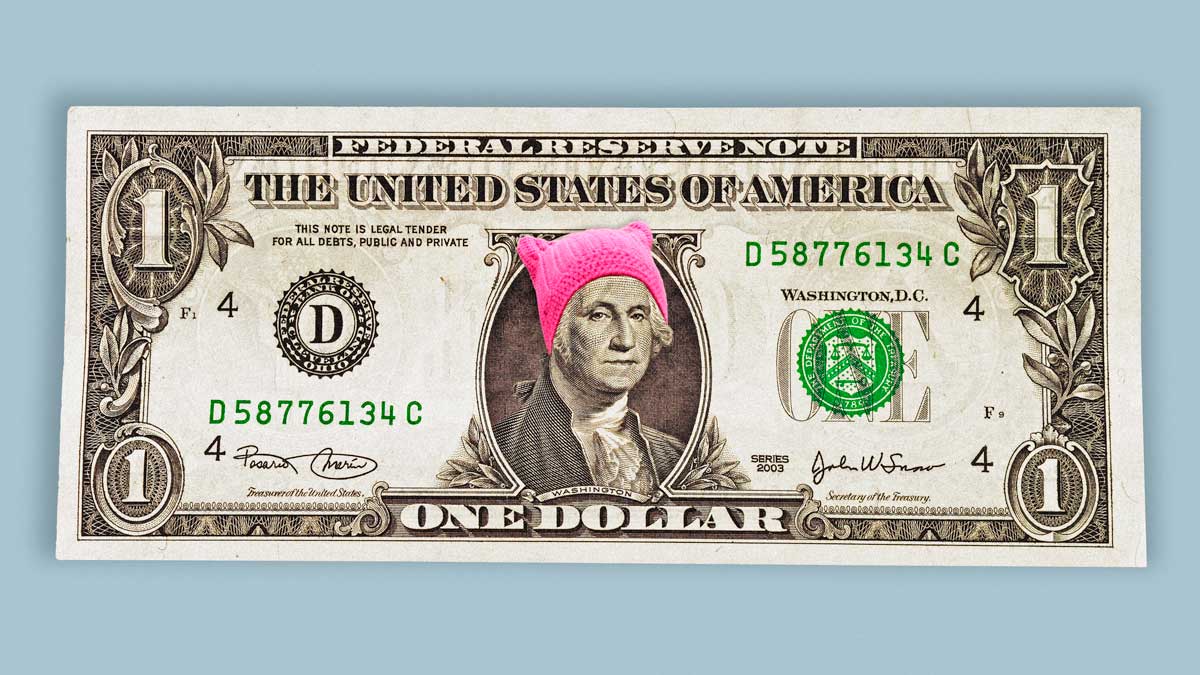Can I sell my house after getting a HELOC?
Your home can provide many obvious functions, ranging from a place of security to a financial investment. The latter feature is particularly advantageous as it can enhance your economic health. That was made even clearer in recent weeks when a report showed the average homeowner possessing $313,000 worth of home equity. That six-figure sum of money can be borrowed from in numerous ways, ranging from reverse mortgages to home equity loans and home equity lines of credit (HELOCs).
A HELOC, in particular, can be advantageous right now. The average interest rate there is around 8% and it's been largely declining for much of the last year, making it one of the more affordable ways to borrow money in today's unpredictable interest rate climate. Still, borrowing your home equity comes with serious consequences that should be considered before acting, particularly if you're considering selling your home at some point in the short term.
So, can you sell your house after getting a HELOC? Or will it prevent you from planting the "For Sale" sign on your front lawn? That's what we'll answer below.
See how much you could borrow with a HELOC here.
Can I sell my house after getting a HELOC?
A HELOC puts a lien on your house, which means you legally owe the lender money and, thus, the lender can foreclose on your property if you fail to repay all that's been borrowed (with interest). The lender will not prevent the homeowner from selling the house even after a HELOC has been opened on the property, but they will mandate that the HELOC is repaid in full before any profits from the home sale are shared with the homeowner.
In other words, if you took out and used a HELOC for $20,000 and then sold your home for a $500,000 profit, you'd walk away with $480,000, assuming there are no additional outstanding debts or expenses. That said, a HELOC will only need to be repaid for the amount used, not the full line of credit that borrowers were approved for. So, if you applied for a HELOC, never used it, and then wanted to sell the home, it would have no impact on the profit from the home sale.
That said, a HELOC will be registered as a lien on the home until the property is sold or until the line of credit is paid in full. So be aware of that technicality, particularly if your home value has decreased from the time the HELOC was secured (and borrowed from). Additionally, depending on the lender used, there may be prepayment penalties involved in paying off the HELOC earlier than anticipated now that the home in question is being sold. So take a look at the paperwork you signed when you secured the HELOC to determine if that will apply to your line of credit.
In short, homeowners can legally sell their homes even after getting a HELOC. But the funds borrowed will need to be accounted for in some form – either before you close on the sale or at closing when the funds are deducted from any profit. You won't be able to continue to pay down the line of credit without the support of the home it was borrowed from. So go into the HELOC borrowing process clear-eyed and focused to avoid surprises if you intend to sell your home before the line of credit has been repaid.
Learn more about borrowing with a HELOC online today.
Why a HELOC makes sense now
As noted above, HELOC interest rates have declined recently. But a lower rate isn't the only reason why a HELOC could make sense for homeowners now. Here are two other reasons why it could be worth pursuing:
- Interest-only payments: Unlike a lump sum home equity loan that will require automatic payments on the money provided, a HELOC mandates interest-only payments during the draw period (the time in which you use the funds), giving you a more affordable way to make repayments in today's uncertain economic climate.
- Tax benefits: Interest paid on both home equity loans and HELOCs can be deducted from your taxes for the year in which it was used if utilized for qualifying home repairs and renovations. So, if you need a way to finance spring or summer home projects, a HELOC is not only one of your cheaper options now, but it could help improve your tax return when you file for 2025.
The bottom line
Yes, homeowners can sell their home even after getting a HELOC, but the money borrowed will need to be accounted for in some form, either via the homeowner paying off the HELOC in full before closing or by having the line of credit paid back to the lender out of the home sale's profits. But a HELOC, in and of itself, won't prevent the homeowner from selling the home on which the line of credit was based.
Have more HELOC questions? Learn more about your options here.
